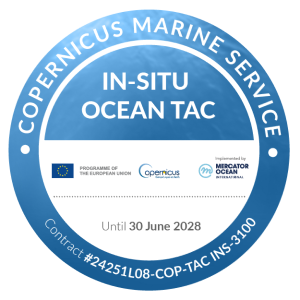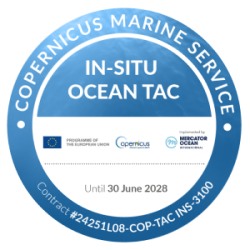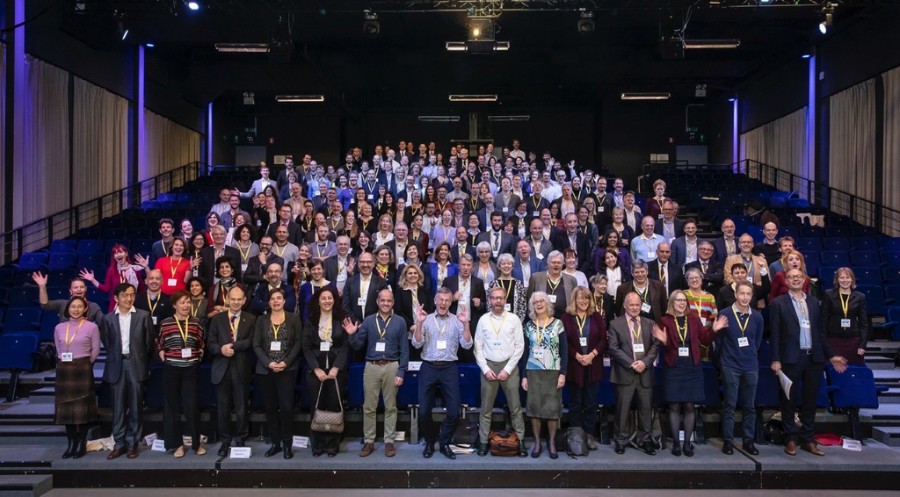From 21 to 23 November, 300 stakeholders debated end-to-end solutions to meeting the societal and policy demands for ocean data. The importance of in situ measurements for operational oceanography and downstream services was highlighted a few times as well as the importance of their sustainability into a well design integrated observing system for the Copernicus Marine Service. EOOS as a coordinating framework for European ocean observing has been fostered by science and oceanographic communities.
The EOOS vision is summarised at follow in the EOOS Strategy 2018-2022 “By 2030, EOOS will make ocean observation a public utility in Europe, by strengthening coordination, strategy and sustainability in ocean observation. This will be achieved with an operational implementation cycle that connects Europe’s ocean observing community and offers regular opportunities for stakeholder input to evaluate, co-design and fund capability. Putting the needs of users at its centre, EOOS will promote European leadership and innovation delivering crucial data to drive environmental policy, the blue economy and serve wider society”.
From the In Situ TAC, our coordinator, Sylvie Pouliquen, as well as a few In Situ TAC partners, joined the event.




